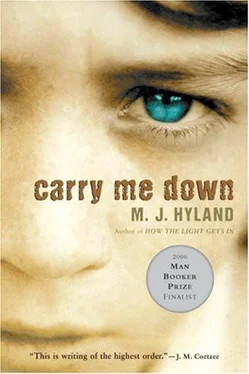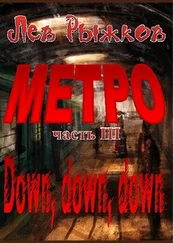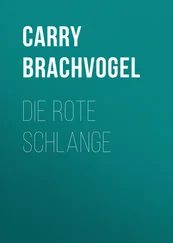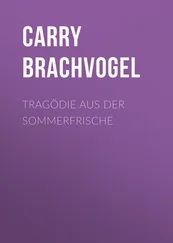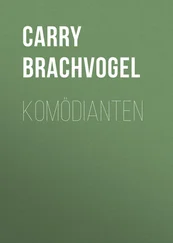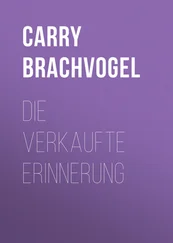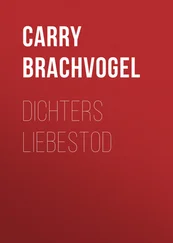‘I don’t want to sleep near the rubbish chute,’ I say.
‘Well, there’s nowhere else,’ says my father.
We go to the biggest bedroom. It has a built-in wardrobe covered in dark, tinted mirrors.
‘If I’m going to sleep in here,’ says my mother, ‘I’m going to cover those.’
‘First we need to finish moving,’ says my father and so we go back downstairs in the lift.
Although we have more to move, my father insists that Uncle Jack and Uncle Tony should leave us. But Uncle Jack comes back soon after with five bags of hot chips and we all sit on the small patch of grass near the truck and eat together.
‘All right, so. You’ll leave us now,’ says my father. ‘We can manage the rest on our own.’
They leave after my father gives Uncle Tony a few quid for a taxi.
The central heating is turned up high in the flat. We are too hot inside, and then feel the cold like a shower of icy water when we go outside. After each trip my father puts his head under the cold-water tap. We stand in the empty kitchen and watch him drench himself as we fan ourselves with pieces of cardboard torn from boxes.
‘Right, so. We’ll talk to the Corporation about getting that heat turned down,’ he says. ‘We can’t live in the tropics.’
My mother looks out the window to the dark block of flats behind us and sighs.
‘I’ve already spoken to our new neighbour, Mrs McGahern, and she says the thermostat is set by the Corporation and can’t be changed by the tenants.’
My father shakes his head.
‘We’ll get used to it,’ she says. ‘We’ll just have to wear our summer togs.’
My father’s rage is too ready. ‘That’s a fine attitude so early in the piece. Since when do you give in just like that? On the word of a nosy old woman?’
‘I didn’t say anything about an old woman or about anybody being nosy.’
‘I’ve seen her standing out there peering inside every box we carry up. And you! The word of a stranger and you cave in?’
‘Michael, I don’t think …’
‘I’m going to see some neighbours of my own and find out if there isn’t a better explanation.’
‘Waste your time getting a second opinion,’ says my mother. ‘I know what the answer will be.’
He storms out and slams the door behind him.
It is strange to be standing with my mother in an empty kitchen behind a door slammed shut with such echoing noise, standing with nothing to do, and so strange to have no choice but to leave by the same door without speaking.
Although it is dark when we finish unpacking and putting furniture where we want it, my father says we must take a walk around before we eat and go to our beds.
‘We’ll explore for a while and then we can have tea in a public bar. How’s that?’ We take the lift and I hold my nose all the way down and so does my mother. My father presses the button to take us to the basement.
‘Let’s have a look,’ he says.
‘What’s there?’ I ask.
‘It’s the activity centre. There’s one in every tower, I think.’
But when we get there, the centre is closed. There’s a sign on the door with the opening hours: it should be open on a Saturday night. There is also a sign listing free activities. There will be guitar lessons tomorrow for boys aged between ten and sixteen.
‘There you are,’ says my father. ‘Music lessons.’
‘That’s great,’ I say. ‘But I’m starving.’
‘Let’s look around a while longer. Then we can eat.’
As we come out of the lift, I look up at the tops of the towers, which poke out of the concrete ground and reach high, higher than any other building in all of Dublin, straight into the sky as though desperate to drink from the white clouds, or to get washed by the rain.
We walk between all of them, and all over the brick walls are stains of darker grey, like weeping sores. The only colour comes from peeling green paint on windowsills, and black and red graffiti on the ground-floor walls. The concrete balconies are strung across with damp washing, and the long corridors and stairwells are full of the broken things that people have thrown away.
There are no trees, and only one narrow stretch of grass at the back of the flats. Along the edge of the grass, a tall barbed-wire fence separates the flats from the council houses in the blocks behind.
There are so many people making so much noise, more noise than I have ever known, and people everywhere with plastic bags of shopping, up and down the dark passageways or on the darkened stairs.
‘Everybody here is ugly compared to Mammy,’ I say.
She stops walking. ‘That’s not a very charitable thing to say.’
My father keeps walking and, when he is a few feet ahead of us, he stops and looks back at her. ‘You’re right, John. Your mother is very beautiful. She makes them all look ugly.’
She puts her head down and we keep walking. We walk across the car park towards the school, which my father wants me to see, and we pass a pub. The smell of frying chips makes my mouth water. ‘I’m starving to death,’ I say.
‘Hold your horses,’ says my father. ‘Let’s finish looking.’
‘No,’ says my mother. ‘We need to eat.’
We go into The Slipper, which is one of three pubs within two minutes of the towers. It is noisy inside, with music and men and women talking, and the walls are covered with pictures of aeroplanes. I ask my father how many engines a Jumbo 747 has and he says, ‘Enough,’ and we laugh with him.
Our first day is spent putting things in drawers and cupboards and deciding where the furniture should go. The second day we shop for groceries. We must buy everything from scratch; salt and pepper and custard powder and semolina; saucepans, lightbulbs, batteries and tools for repairing some of the broken things people have given us.
In the supermarket my father drops a bottle of tomato sauce on the floor and it breaks; some of the sauce splashes onto my mother’s white trousers.
‘Michael!’ she shouts. ‘If I didn’t know better I’d say you did that on purpose.’
‘Well,’ says my father as he walks away from the smashed bottle, ‘you don’t know better, and that’s no surprise to anybody.’
‘Don’t you dare talk to me like that!’ she shouts at him, not bothered at all that two old women by the frozen food section are staring at her.
‘I’ll talk as I want to talk,’ says my father.
My mother folds her arms across her chest and looks squarely at him. ‘I’m at the end of my rope, Michael, and it wasn’t a long piece of rope to start with. So I’d be grateful if you’d find a damp cloth to wipe this mess off my britches.’
My father smiles at her then, a warm smile, and she smiles back at him as though all is forgiven. I don’t know why she does this. What is it that passes between them? What way of knowing each other do they have? Why does my mother look at him so warmly?
My father goes away in search of a damp cloth, and when he comes back to clean her trousers, she is no longer cross with him. They kiss on the lips for a long time and then we pay for our groceries.
On the morning of our third day in Ballymun, I wake with a sore tooth. The pain is very bad and it pierces like cut glass into the left side of my jaw every time I take a breath.
My mother tells me to get dressed. ‘Let’s get you to the dentist,’ she says. ‘I’ll take you to the community centre.’
The community centre is around the corner, next door to the shopping centre. We walk through the arcade with its walls painted with blue and red stripes. It is bright and clean and, compared to the flats where there is no sun, no light, not inside or between them or behind them or within a hundred feet of them, the shopping centre is like another country. Even though my tooth beats at me, I feel like I’ve gone on holiday. Inside the shopping centre, there is light and the good smell of doughnuts from the bakery.
Читать дальше
